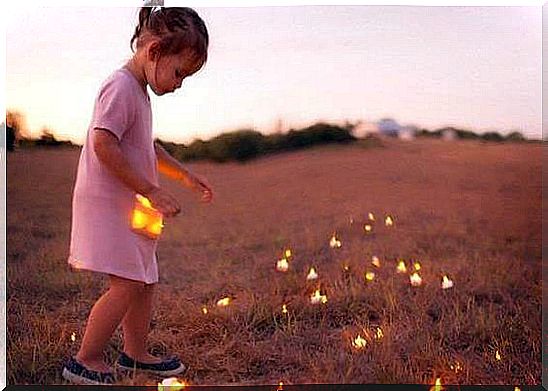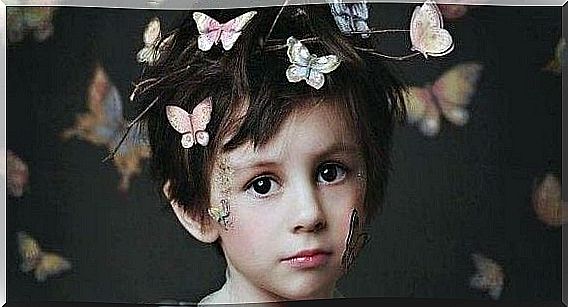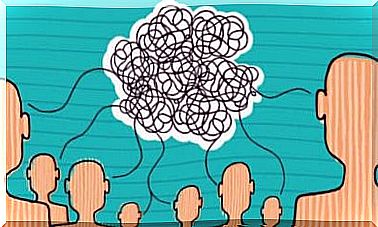Years Of Education And We Do Not Yet Know How To Love Yourself

Failure. Inappropriate. Hyperactive. Low motivation. Challenging. There are many labels that are put on children during their schooling. We seldom stop to see and understand what kind of feeling is behind each student.
It is interesting how emotional intelligence is considered to be something important in the business world and politics, at the same time as educational institutions do not include emotional intelligence in their curricula.
Education should give us the power to manage ourselves. That there is no value in teaching children to be good at science or literature if we do not first teach them what self-esteem, respect and empathy are.
Cognitive abilities are important for the academic system. Emotions, on the other hand, seem to be “taboo” and somewhat limited to the private sphere.

An education that shapes the senses but not people
Today’s children and young people are skilled when it comes to new technologies. Emojis in text messages are often the only way they can approach the world of emotions. But when they are not close to their mobile devices, they can not handle or counter situations such as bullying.
Begonia Ibarrola, a psychologist and researcher, indicates that the schools that have integrated emotional intelligence into the curriculum have also managed to avoid bullying behavior, and the academic results have also improved. This is undoubtedly encouraging.

Why do we not use more emotional education in schools?
The importance of the cognitive aspect is still deeply rooted in our school system, although theories such as “multiple intelligences” by Gardner tell us about the clear need to work early with children’s emotional intelligence.
We must also keep in mind that changes at departmental level take time. It requires a clear social awareness, to invest in emotions is to invest in cohabitation. It’s learning to be more competent when it comes to human relationships, and that change of focus where you put aside the need to educate children to create happy people instead.

We raise unique children, not identical students
In a changing society like the one we live in with a high professional competition, it does not help much to train the same type of students who specialize in the same areas. It is necessary to prioritize human value by enhancing the natural ability of children to discover themselves, what they prefer and what they can offer the world as unique individuals.
One aspect that should be kept in mind is that we often place all responsibility on academic institutions. This is not the way to go. We all have a responsibility for the upbringing of children, where the family has the main role.
The family: the first step in emotional intelligence
Neuroscience makes this clear: the emotional context in which children grow up will determine their further development and also their personality.
Recognition, reciprocity and emotional communication are threads of balance that allow children to grow in freedom and maturity. If you want to give the world children who can respect others, listen and show consideration instead of aggression, you should be a role model. Think about your words, your opinions and your actions.

The school: A microcosm of the social stage
The school will be a clear example for the children of the world they have to face tomorrow. Relationships with friends and authority figures (teachers) will help them develop new and important abilities.
In schools where emotional and healthy habits and methods are applied, we see that children are very receptive to this type of knowledge. Integrating them into everyday work can help children improve their relationships and become better at counteracting attacks and starting friendships.










